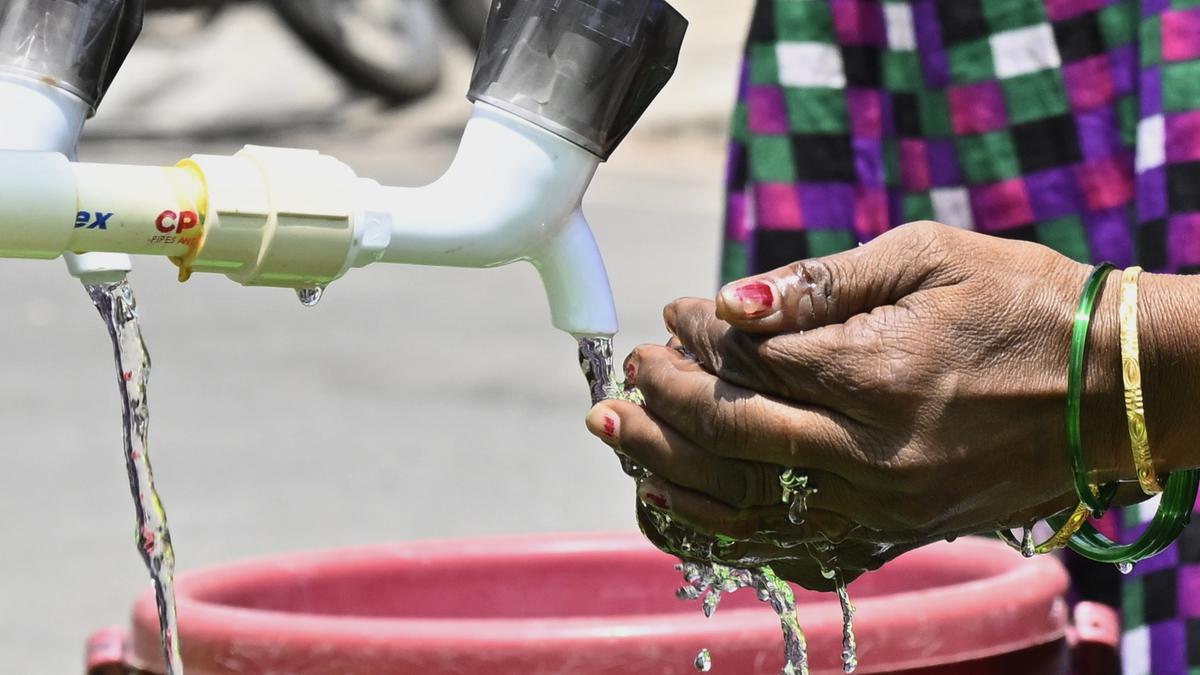
‘Rapidly rising water scarcity is a reality in India and is expected to worsen in the coming year’
The Hindu
Bengaluru water crisis addressed by experts at national seminar, emphasizing collective responsibility for conservation and sustainability.
“Rapidly rising water scarcity is a reality in India and is expected to worsen in the coming years. Water conservation is not just a matter of individual actions; it is a collective responsibility that spans communities, institutions, and nations. Through education, outreach and financial incentives, we can empower individuals, communities and institutions to acquire and develop water efficient habits and technologies. By adopting a culture of conservation through public awareness campaigns, social norms and regulatory frameworks, we can ensure that water conservation becomes a way of life rather than a social responsibility,” said Gopal Naik, Jal Jeevan Mission (Chair) and Professor, IIM Bangalore.
Amidst the water crisis in Bengaluru, Jal Jeevan Mission (JJM) Chair and Office at IIM Bangalore, in collaboration with UNICEF and the Shri Kshetra Dharmasthala Rural Development Project (SKDRDP), organised a national seminar on water conservation on Friday. The seminar brought together policymakers, researchers, and academicians to discuss water conservation, river, and lake rejuvenation, and ecosystem preservation.
It shed light on initiatives and collaborative projects across the region that have achieved a large-scale impact in reviving water bodies, increasing access to clean water, and mobilizing community support. Necessitating focused efforts and dialogues on the need for sustainable water preservation strategies, the summit also emphasised the need for interconnected efforts at individual, community, institutional, and national levels to bridge the gap.
Speaking on the need for collective action to tackle the global water crisis, Paulos Workneh, Chief of WASH and Environment, UNICEF India, said, “Global climate change events such as erratic rainfall, droughts and heatwaves have resulted in devastating consequences for children and their families. Therefore, there is an urgent need for national and international collaboration around protecting and conserving water resources. When we cooperate for water conservation, we create a positive ripple effect - fostering harmony, generating prosperity, and building resilience for shared challenges.”

After a long, tiring day all we want is to jump right on our cosy beds and rest comfortably on our soft, fluffy pillows, right? Pillows are not quite appreciated as much as electric cars or air-fryers, for instance. Pillows are a wonderful man-made creation that has improved the lives and sleep of people across the globe. Did you know ages ago people used to rest their heads on a HARD ROCK? So how did humans go from sleeping on stones to cosy, fluffy and soft pillows today? Let’s get into the origin of your everyday pillows!










